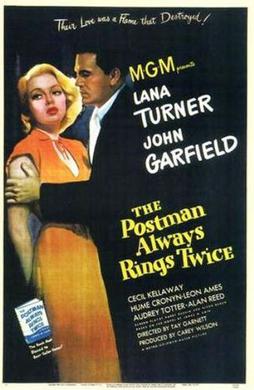.jpg) |
| Fredric March and Joan Bennett in Trade Winds |
Cast: Fredric March, Joan Bennet, Ralph Bellamy, Ann Sothern, Sidney Blackmer, Thomas Mitchell, Robert Elliott. Screenplay: Tay Garnett, Dorothy Parker, Alan Campbell, Frank R. Adams. Cinematography: Rudolph Maté. Art direction: Alexander Toluboff, Alexander Golitzen. Film editing: Otho Lovering, Dorothy Spencer. Music: Alfred Newman.
Tay Garnett's Trade Winds is the product of a trip he took to the Far East, accompanied by cinematographer James B. Shackelford (credited with "foreign exterior photography" on the film). When he got back to Hollywood, he cobbled together a story that would use the scenic footage Shackelford shot, and then hired a crew of writers that included Dorothy Parker and her husband, Alan Campbell, to come up with a screenplay. What they gave him is a goofy mess about a woman (Joan Bennett) accused of murder who flees to various Asian locales, and a detective (Fredric March) who follows her, trying to collect the $100,000 reward for her capture. Naturally, they fall in love. In addition to March and Bennett, the cast includes Ann Sothern as his (you guessed it) wisecracking secretary and Ralph Bellamy in one of the doofus roles he specialized in during the 1930s. The cast never left the sound stages of Hollywood, where they spent a lot of time posing or walking on treadmills before rear-projection screens that showed Shackelford's footage. It's a rather tiresome adventure comedy with an ending that doesn't make a lot of sense.


